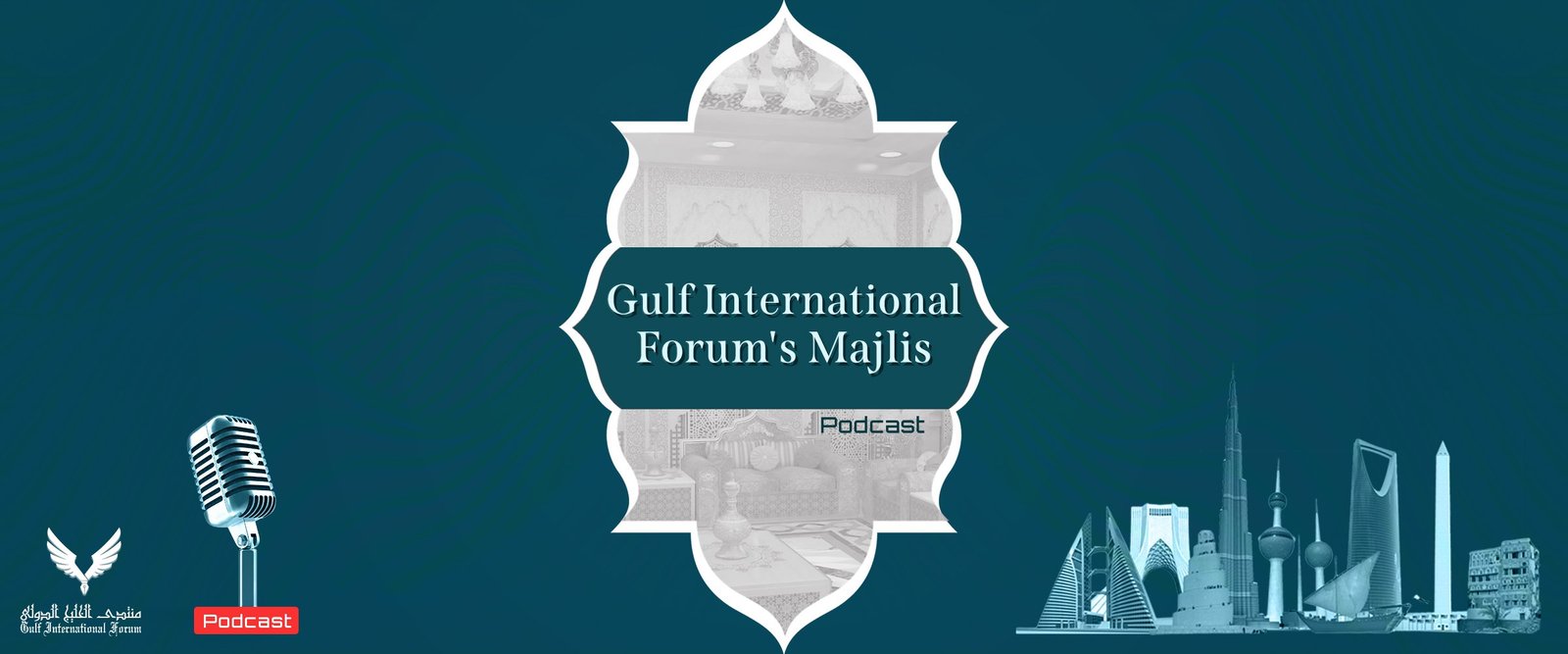Featured Speakers: Ambassador Patrick Theros, Dr. Kenneth Katzman, Brigadier General Mark Kimmitt, Dr. Ali Vaez and Natasha Hall.
Synopsis
On April 1st, an Israeli airstrike in Syria notably escalated tensions by targeting an annex of the Iranian Embassy in Damascus. This strike resulted in the deaths of seven leaders from the Islamic Revolutionary Guard Corps (IRGC), among the casualties were Mohammad Reza Zahedi, the Quds Force commander for Lebanon and Syria, and his deputy, Mohammad Hadi Haji Rahimi. Their deaths represent the highest-level IRGC losses since the killing of Qassem Soleimani in January 2020. This incident intensifies the longstanding tensions between Iran and Israel, adding to a history of targeted assassinations that include high-ranking officials from Iran, Hezbollah, and Hamas by Israel, exacerbating hostilities while stopping short of sparking a full-scale conflict. In retaliation, Iran and Hezbollah have vowed to retaliate against Israel and the United States, with Iran’s supreme leader, Ayatollah Ali Khamenei, promising retribution.
On April 14, Iran responded by launching hundreds of drones and missiles aimed at Israel. With the help of the United States, the United Kingdom, and France, Israeli defense forces successfully intercepted all incoming projectiles, effectively thwarting the Iranian attack. Israel’s war cabinet is now deliberating potential retaliatory measures in response to what they perceive as an unprecedented aerial offensive. However, the consequences of any such retaliation are unclear and could potentially escalate tensions, risking a broader regional conflict.
Is conflict between Iran and Israel inevitable, or are strategies being employed by both nations to deter direct military confrontation and prevent an escalation? In response to the killing of IRGC leaders in Damascus, what strategies and means are available to Iran for retaliation? In what ways could Iran utilize its proxies in Syria, Iraq, Lebanon, and the Houthis in Yemen to retaliate? How can the GCC states and other countries in the region contribute to de-escalating tensions and potentially mediate to prevent a regional conflict? How could an escalation between Iran and Israel affect Lebanon, Syria and Iraq? In the event that Iran attacks the United States military bases in the Middle East, what range of responses might be anticipated from President Joe Biden’s administration?
